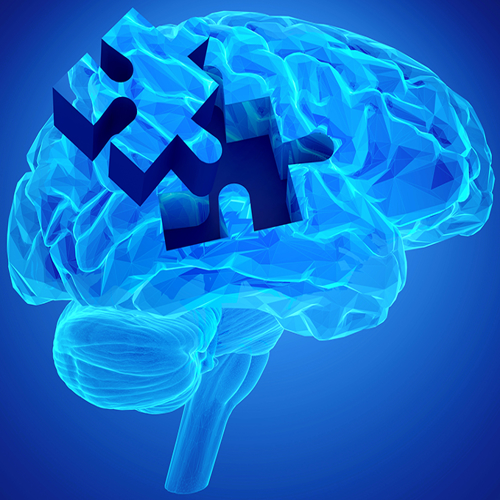Key points from article :
Researchers launched a clinical trial of a gene therapy for patients with Alzheimer’s disease.
Protects brain cells from dying off, potentially staving off memory loss and cognitive decline.
The trial will test safety and efficacy of the gene therapy in 12 patients over the course of 3 years.
Consists of a harmless virus carrying the gene encoding BDNF.
Using an MRI compatible needle, the surgeon can ensure that the gene therapy goes into the entorhinal cortex.
If BDNF gets into healthy neurons, it can cause unwanted side effects.
"Side effects reflect the potency of BDNF as a way of stimulating neuronal function,”- Mark Tuszynski, lead researcher.
“By addressing cell degeneration early in the disease, it will slow the spread to other regions of the brain," - Tuszynski.
This trial is only a first step to determining whether BDNF gene therapy could be a viable approach.
It could pave the way for future advances in treating neurodegenerative diseases.
Research by University of California, San Diego.




